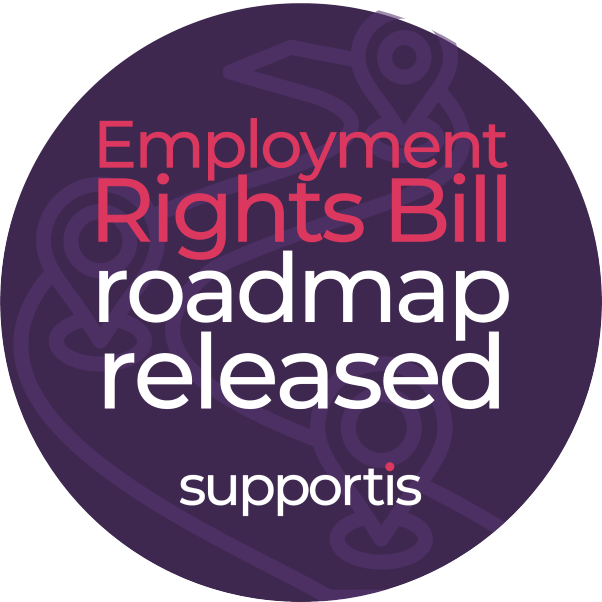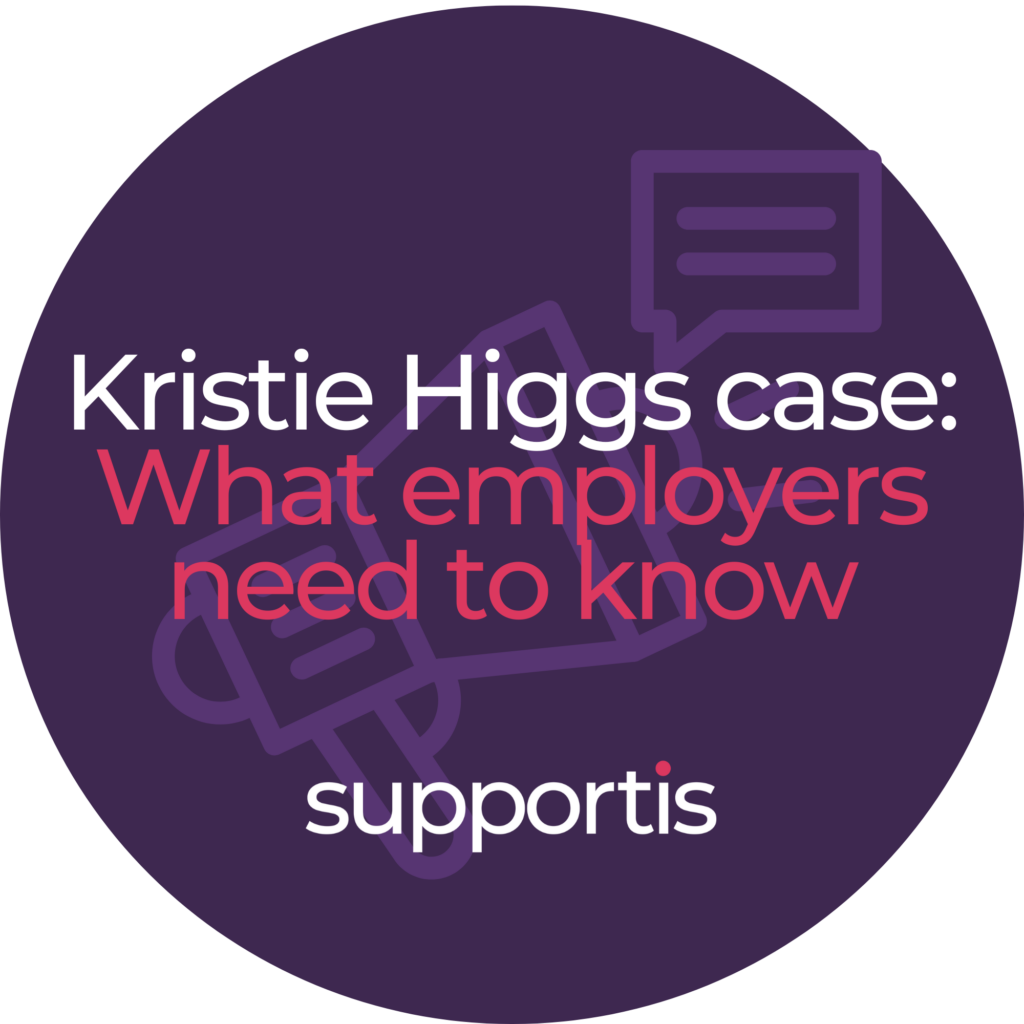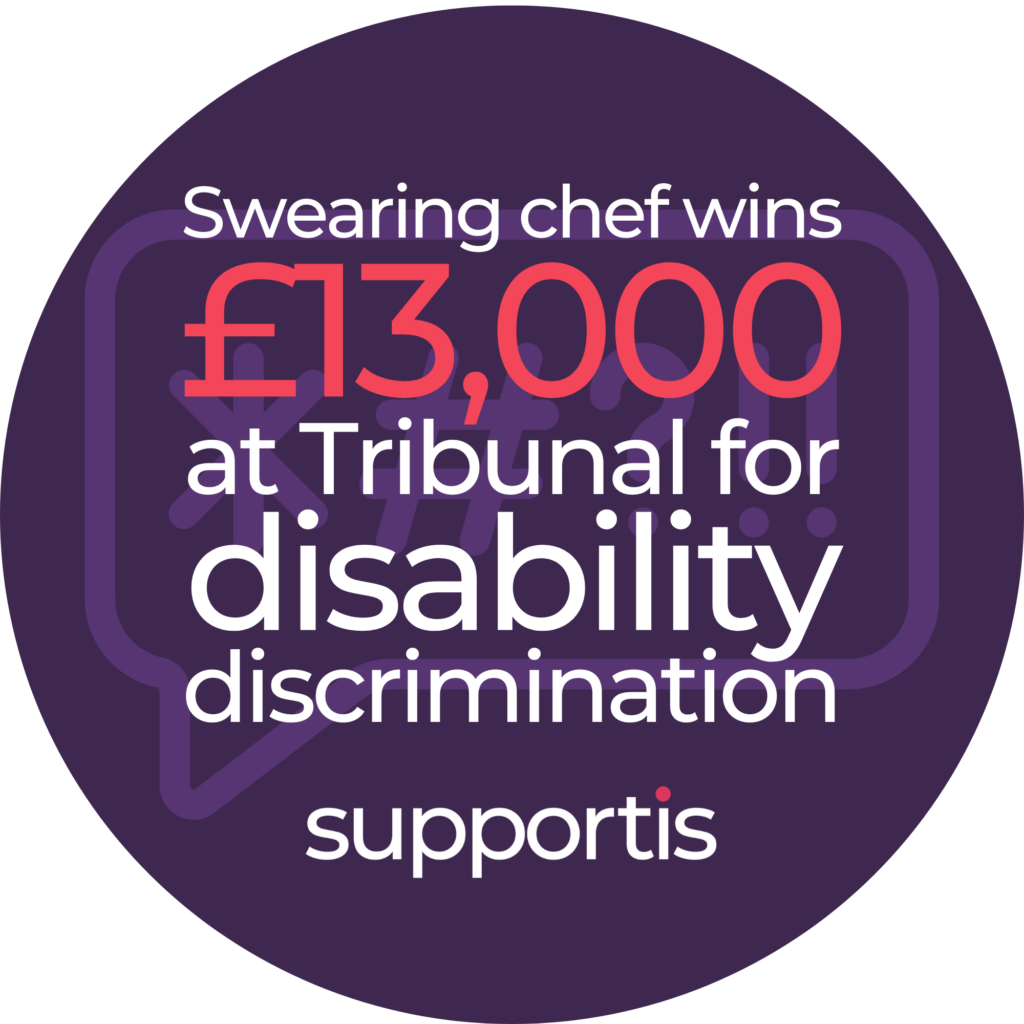How to make sure the work Christmas Party doesn’t get out of hand…
As life is largely back to pre-pandemic activity levels and work socials have resumed, French courts have recently ruled that ‘Mr T’ (not of A-Team fame!) was wrongfully dismissed for opting out of his workplace’s drinking culture. On termination of his employment, ‘professional incompetence’ was cited as the reason for dismissal. However, the Court was later told that it was actually based around his unwillingness to join social activities with colleagues, such as seminars and weekend trips that had involved bullying, promiscuity and excessive drinking.
It was decided by the court that by virtue of his freedom of expression, Mr T was not obliged to participate in such activities and had every right to sit out of socialising.
Although this case was not an English tribunal case, it does serve as a reminder to all employers that if employees aren’t under any obligation to participate in extra-curricular activities in their own time and they shouldn’t be personally or professionally penalised for this.
Colleagues must be aware that pressuring anyone to join in festivities risks being construed as harassment or bullying and even borders on discriminatory, specifically if the refusal is based around a protected characteristic such as religion or race.
As we enter the festive party season, another point for employers to be aware of is the fact that employers can be held legally liable for any unsavoury actions of their employees committed ‘in the course of their employment’ which includes social events like Christmas parties.
One pertinent such case was Bellman v Northampton Recruitment Limited (NRL) [2018] in which a manager struck another employee following a Christmas party. The victim of the attack suffered serious traumatic brain damage and subsequently successfully sued the company.
Furthermore, potentially dangerous territory can be identified as a result of combining employees having been unable to ‘properly’ socialise in-person for almost 3 years, and sexual harassment knowledge and awareness having significantly increased in the post #MeToo era.
Ironically therefore, it’s not sitting out of social events which should be the concern of UK employers but in fact, joining in (and overstepping the mark!) at the time of the year when merriment is encouraged.
A recent report from CIPD has revealed that 10% of UK employees were disciplined (some even dismissed!) following inappropriate behaviour at the work Christmas party. The most popular reasons cited for disciplinary action were:
- 29% – fighting
- 19% threatening behaviour
- 17% – sexual harassment
- 12% – bullying
- 7% other inappropriate conduct – including insulting managers, inappropriate activity on workplace premises and even unsavoury use of the photocopier!
So what can employers do to combat unacceptable behaviour at the Christmas party?
Of course, employers can only do what is reasonably practicable to prevent unacceptable behaviour taking place, some ideas are:
Make it clear before the event that the same behaviour expectations apply to work social events as they do in the workplace in regard to what is appropriate, bullying, harassment etc. We send our clients a template email message and note to send out to their employees within good time from the event date – bear in mind that leaving it too late to send out might mean you’ve missed the boat as many employees will book the day or afternoon of the event off to prepare and travel down
Check your venue is accessible to all, your menu caters for all requirements and any entertainment is not based around alcohol e.g. giving away alcohol as prizes or encouraging drinking games.
Nominate a manager to subtly monitor amounts of alcohol consumed, and ensure non-alcoholic drinks are distributed between the festivities.
Carefully choose any external entertainers (speakers, comedians, magicians etc.) to ensure beforehand that their comments and acts don’t constitute harassment – which covers “words spoken”.
Finally, if any incidents do occur, it’s so important to investigate them thoroughly and promptly. We can advise on disciplinary and grievance procedures – if you do need any help with anything mentioned in this article or anything else HR/Employment Law related, please contact us at [email protected] or on 0161 603 2156, we’ll be happy to assist.




